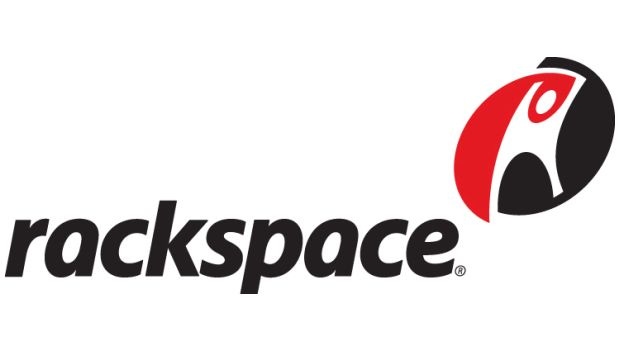Industry watchers reacted to the news favorably, suggesting that a buyout would take the company out of the public limelight and reduce competitive financial pressures of the public market.
August 5, 2016

 **Editor’s Note: Please click here for a recap of the biggest channel-impacting mergers in May-June 2016.**
**Editor’s Note: Please click here for a recap of the biggest channel-impacting mergers in May-June 2016.**
There’s been well-publicized talk about Rackspace Hosting Inc. being open to outside investment, and today, there are reports about the impending sale of 18-year-old managed cloud company to a private equity firm, with a deal possible any day.
 Industry watchers reacted to the news favorably, suggesting that a buyout of Rackspace by a private equity firm would take the company out of the public limelight and reduce competitive financial pressures of the public market.
Industry watchers reacted to the news favorably, suggesting that a buyout of Rackspace by a private equity firm would take the company out of the public limelight and reduce competitive financial pressures of the public market.
Think back to the private buyback of Dell in 2013.
“If what I read is accurate, that this is going to be a private-equity buyout similar to what Dell did – then this is more of a financial maneuver to set up Rackspace for more explosive growth, similar to how Dell looked at their own company,” said Charles Weaver, CEO and co-founder of the MSPAlliance.
Before going private, Dell wasn’t able to move as fast as it wanted to, in part because it was publicly traded.{ad}
“Under a new private ownership structure, Dell will be even more flexible and entrepreneurial, allowing it to do what it does best — to serve our customers with a single-minded purpose and drive the innovations that will help them achieve their goals,” the company said in 2013.
Rackspace disappointed investors in May when it reported Q1 2016 financial results on the low end of expectations — net revenue was $518 million, up 7.9 percent from Q1 2015.
At that time, Rackspace president and CEO Taylor Rhodes, noted the company’s shift to new offerings such as service and support for AWS and Microsoft cloud, for example, while sustaining its core business as the bump in the road to higher earnings. Rackspace’s goal is to build its managed cloud business — in particular for AWS, the Microsoft cloud, and its OpenStack private cloud. He also said that the company delivers services to more than 400 customers on these platforms.
Anurag Agrawal, CEO and analyst at Techaisle, told us that Rackspace strategy and market penetration took a turn for the worse when the company decided to transform from managed hosting to cloud builder and …
{vpipagebreak}
… cloud provider business models, and embraced open-source cloud development via OpenStack — a strategy that misfired.
“All of a sudden they were deemed not enterprise-class, could not match security promises or scale of other bigger cloud providers, did not own data-center facilities for enterprises to have trust and faith, had physical infrastructure in only a few facilities, had only standardized products with no customization, and lacked professional-services skills needed for enterprise customers,” he pointed out, among a number of other issues.
Rackspace is set to announce its second-quarter 2016 financial results on Monday. The company expects revenue to be between $519 million and $524 million.
After Dow Jones Newswire reported that Rackspace was in talks to sell the firm, the company’s stock soared 18 percent in after-hours trading. Investors backed off a little on Friday, but as of 1:06 p.m. ET, Rackspace stock was still up more than 10 percent from Thursday’s close.
The Rackspace Partner Network includes digital agencies, master agents, systems integrators, VARs and solution providers. Many MSPs collocate with Rackspace.
Read more about:
AgentsAbout the Author(s)
You May Also Like


